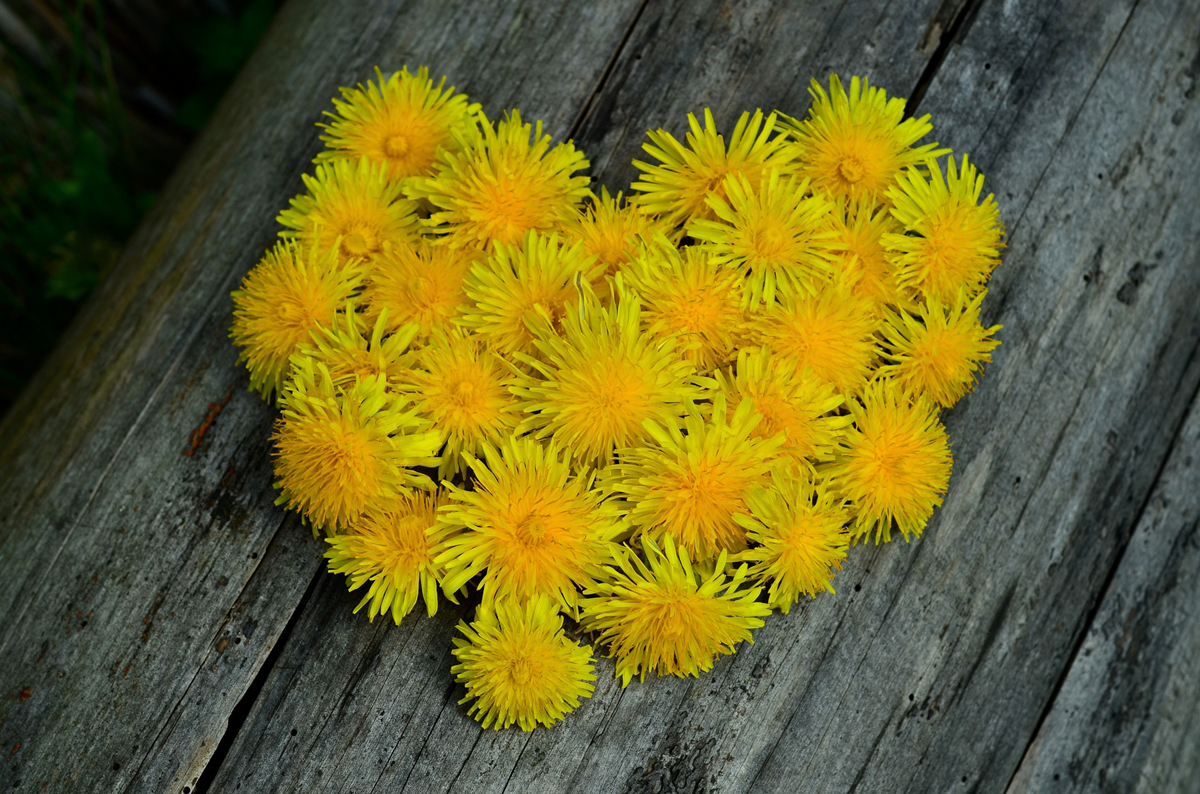Herbal remedies have been used for thousands of years, and in parts of the world they are still the only readily available treatment. Modern physicians argue that synthetic medications are superior to medicinal herbs, since they are believed to be free of impurities, are of known strength and effects, and are more stable.
What we should realize is that many of today’s medicines have been derived from naturally occurring plants, where the efficacious ingredients have been isolated and reproduced synthetically. A common example is the familiar Aspirin. This procedure does not take into consideration the possible positive interaction of the many ingredients within the plant from which the medicine is derived.
Herbal remedies can be prepared in several ways; as infusions, decoctions and syrups, as compresses and poultices, or as oils, ointments and tinctures. The type of preparation depends on the herb and how it is to be used. Here are some of the most common and beneficial medicinal herbs, along with their soothing and healing properties, and how they should be prepared to use:
Aloe:
Use the fresh gel from the leaves to soothe scalds, sunburns, scrapes and to prevent infection. Do not take it internally.
Arnica:
Make a tincture from the flower heads, and apply it as a compress to soothe sore muscles and sprains. Not for internal use.
Calendula:
Make a compress from the flowers to apply to stings, bruises, scrapes and burns. As an ointment, it has anti-inflammatory, antiviral, and antibacterial effects and effectively heals dry skin and promotes healing of wounds.
Dandelion:
Make an infusion from the leaves or a decoction from the roots. Drink up to 3 times daily for its diuretic and laxative qualities.
→ Remedies From Your Flower Bed
Eucalyptus:
Make an infusion from the leaves and inhale the vapors to relieve congestion and other cold symptoms.
Horehound:
Make an infusion from the leaves and drink up to three times daily as an expectorant. It is efficacious in treating coughs, colds, and bronchial and lung congestion.
Peppermint:
Make an infusion from the leaves to use an a decongestant, or to relieve an upset stomach.
→ 19 Soothing Sore Throat Remedies
Sage:
Make an infusion from the leaves for cold symptoms and stomach upsets, and to aid digestion.
Thyme:
Make an infusion from the leaves to relieve flu and cold symptoms.
Valerian:
Make an infusion from the roots and take about one half cup to calm nerve, relieve insomnia and relieve headaches and menstrual discomfort.
Witch Hazel:
Make a decoction from the leaves and bark and use it as a compress for aching joints, sore muscles, cuts, bruises and insect bites. It is useful to soothe diaper rash, external hemorrhoids and varicose veins.
→ Common Natural Antiseptics
This guide is for reference only. Consult a qualified herbalist for full information.
The Author:
Nicki Goff, has over 30 years of gardening experience.
